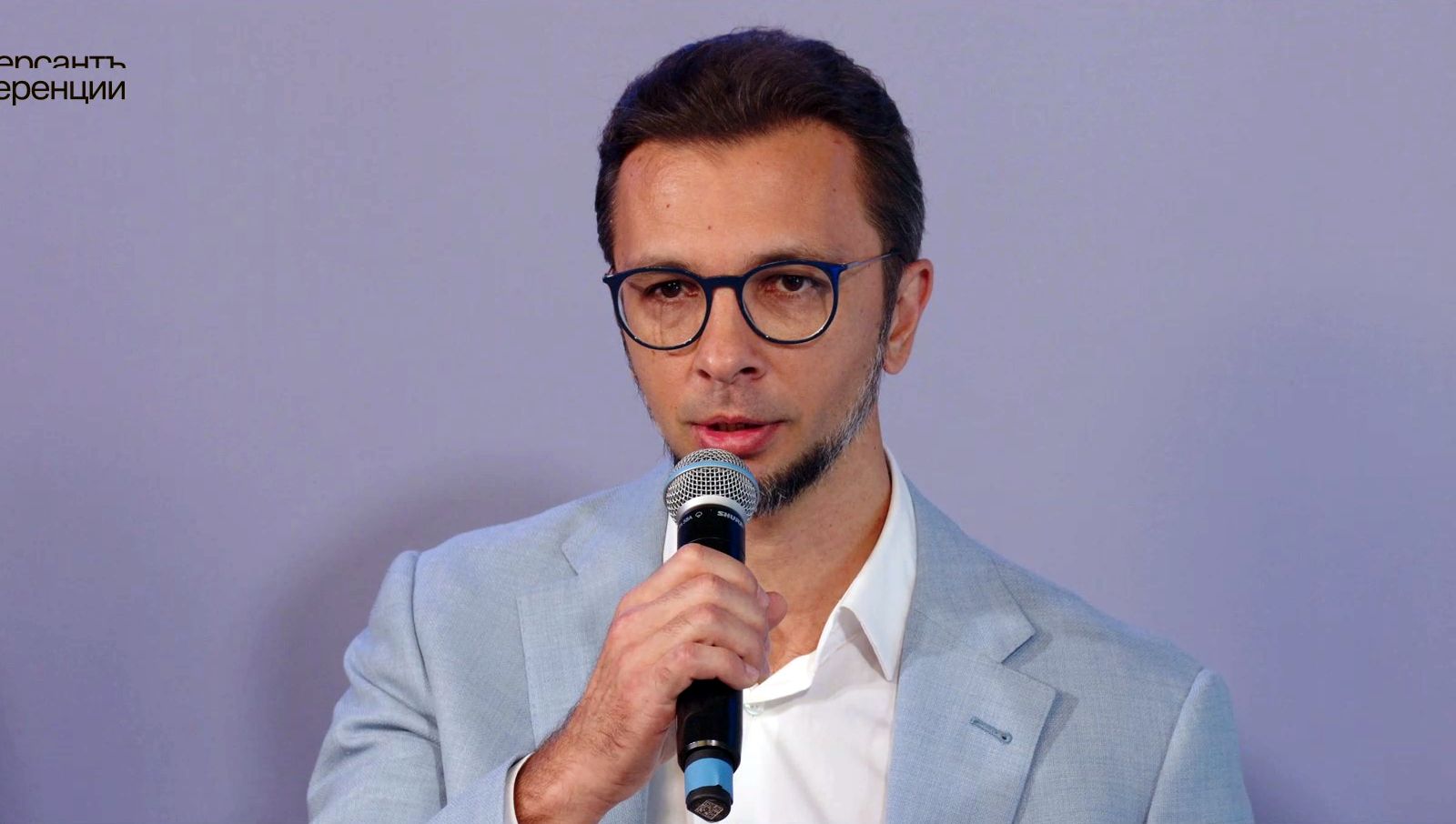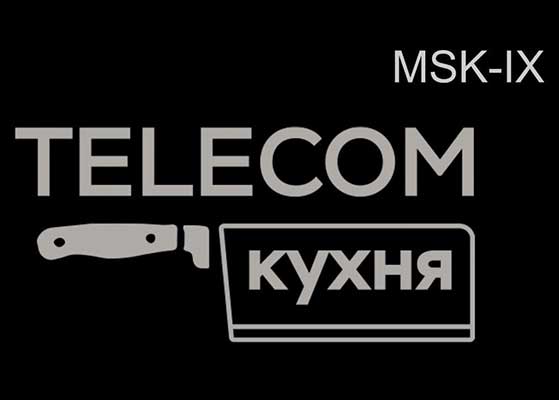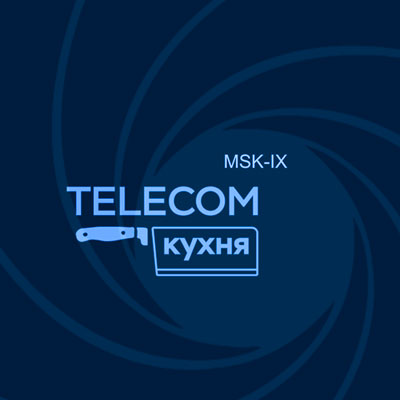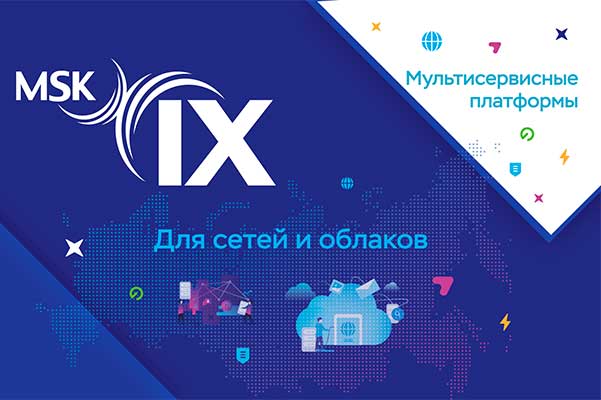MSK-IX multiservice platform: new opportunities for business development

The history of MSK-IX goes back over 25 years. It came on the scene back in 1995 and since then has been actively developing not only traditional peering services, but also related services based on its distributed network.
The geography of MSK-IX covers the entire territory of Russia. The company has 42 access points located in all federal districts of the country, as well as an access point in Riga. Currently, over 800 contractors, from operators and content generators to private and public companies, financial and educational institutions, use MSK-IX services.
What businesses can be run next to MSK-IX? What services can a traffic exchange point provide in addition to peering? Evolving throughout its quarter-century history, the company has turned into a multiservice platform that consists of four main products: internet exchange points (IX), the Medialogistika project, Instanet and DNS.
Internet Exchange is a standard peer-to-peer communication service, in addition to which MSK-IX has added the MIX service, which allows internet exchange network participants from one city to connect to two route-servers at once. For example, companies from Yekaterinburg can receive not only local peering in the Urals, but also the ability to connect to Moscow, where there is much more traffic, content, as well as more Russian and foreign participants. “We have organized reserve communication channels and solved the problem of reliability and cost of services. In fact, we ourselves brought Moscow internet to the regions and gave local companies the opportunity to connect to the Moscow IX for a reasonable price, thus improving interaction between the regions and the capital, and also helped the regions to become closer,” said Yevgeny Morozov.
Medialogistika is a platform for terrestrial distribution of TV signals from broadcasters to operators. The logic of its work is the same as that of an exchange point. Telecom operators, which provide clients with IPTV, are connected to the platform from the one side, and content producers from the other. Now Medialogistika houses 89 percent of federal and thematic TV channels available in the Russian Federation. All major Russian operators and OTT services are connected to it, as well as most regional providers. The MSK-IX network is built with a double bandwidth reserve, which allows Medialogistika to transmit TV channels in any dimension – from SD to 4K – without loss of quality over any distance.
But this is not only a service for the delivery of TV channels, but a full-fledged platform that is also responsible for signal shaping and processing. “We create special versions of TV signals for different operators and media distribution of TV content, taking into account all legal requirements: we add age and other tags, block ads or content without rights, add subtitles, transcode and package signals,” said Yevgeny Morozov.
Instanet is another service that evolved based on MSK-IX. Having organized connectivity between cities for its members, it was logical to give them the opportunity to exchange traffic not only through peering, but also to allow their access points in these cities to be connected into a single fast network.
Today, all 42 MSK-IX access points throughout Russia are one large Instanet connected by reliable Ethernet channels with high SLA of up to 99.99 percent. It is important that customers have the ability to quickly scale and manage services from their personal account.
Also, as part of Instanet, MSK-IX organizes a reliable and secure connection to Russian and foreign cloud platforms and to services for protection against DDoS attacks.
As for the DNS platform, it was created primarily to increase the speed of internet access and network connectivity. There are DNS servers of the root domains at the MSK-IX internet exchange point, which makes it possible to achieve this.
Yevgeny Morozov emphasized that the MSK-IX example demonstrates that any partner service can be added to the internet exchange point, and collaboration can be created to expand the capabilities of the multiservice platform.
Being inherently a neutral organization, IX takes its place in the network ecosystem, while not competing with anyone, but instead maintaining friendly and partner relations with everyone: both for data centers where access points are located, and for backbone operators supplying customers and participants from other cities, and for other internet exchange points.
Operators are no exception. They can be not only customers, but also full-fledged partners of MSK-IX, connecting to the reseller program, as well as offering their customers outside the service area the ability to reliably connect to cloud services via the MSK-IX Ethernet network.
“Our multiservice platform allows telecom operators to create their own services and solutions for their customers, improve the quality of service and, as a result, reduce customer turnover, which is very valuable in today's competitive environment,” summed up Yevgeny Morozov.






